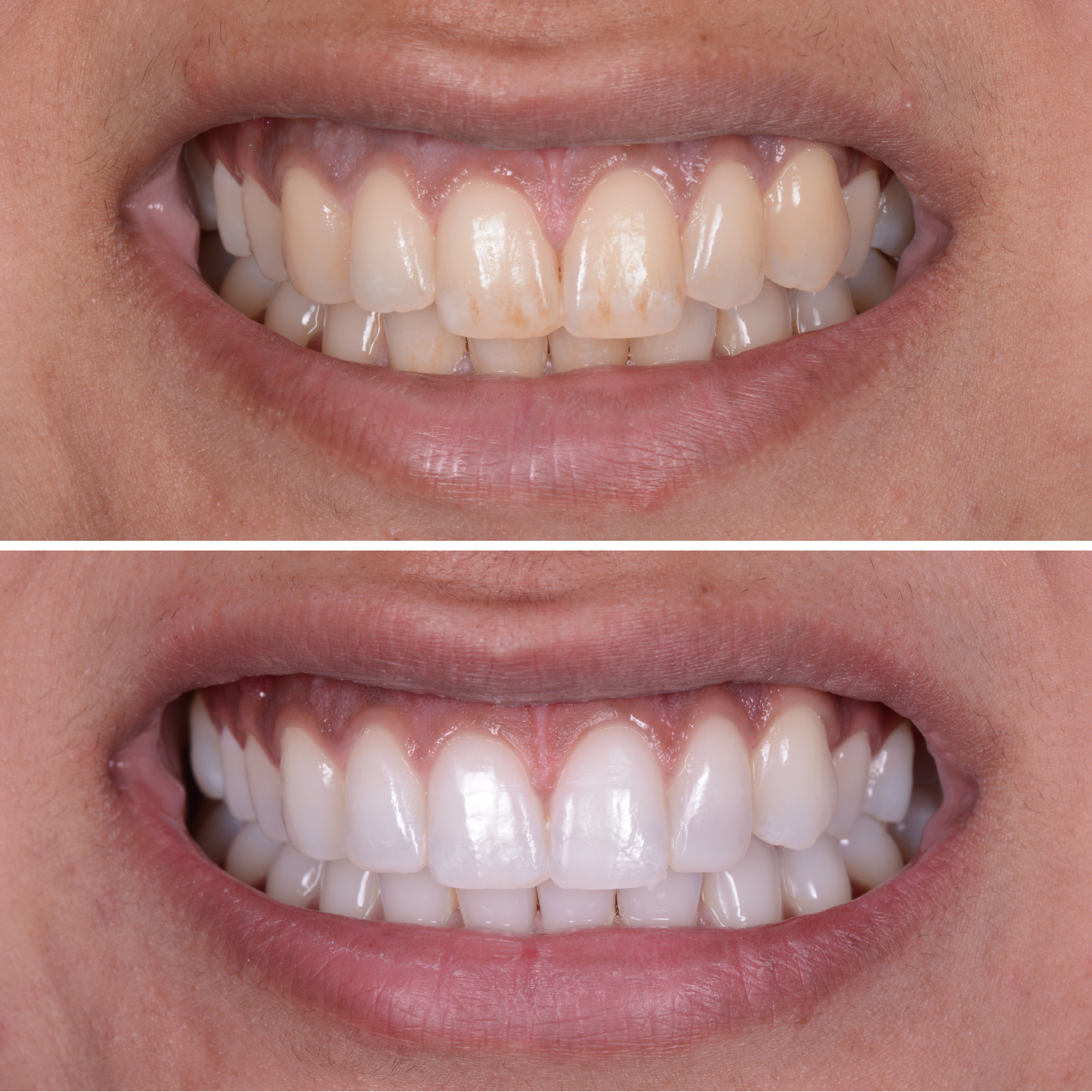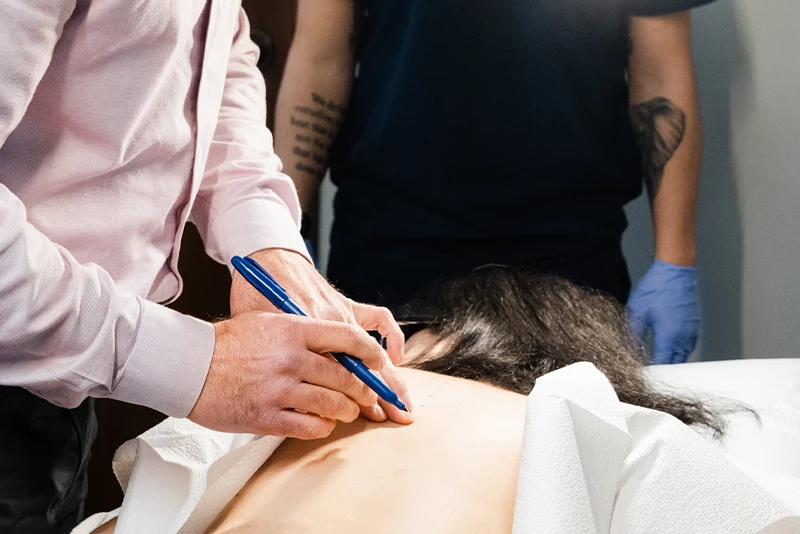
Medication-assisted drug and alcohol treatment programs are becoming increasingly popular as an effective form of treatment for people struggling with addiction. These programs combine medications, such as buprenorphine, naltrexone, and Vivitrol, with counseling and other forms of therapy to help individuals overcome their substance use disorder. The goal is to reduce cravings and withdrawal symptoms while simultaneously addressing the underlying issues that led to the addiction in the first place. In this blog post, we’ll take a closer look at how medication-assisted treatment works to help individuals achieve recovery.
Table of Contents
Getting Started With Treatment
The first step in any drug and alcohol treatment program is typically an assessment of the individual’s current substance use history, their medical history, and their mental health status. This assessment helps clinicians create a personalized treatment plan tailored specifically to the individual’s needs. After this initial evaluation has been completed, doctors will usually prescribe one of three medications: buprenorphine (Suboxone or Subutex), naltrexone (Vivitrol), or acamprosate (Campral).
Buprenorphine is a partial opioid agonist that reduces cravings for opioids while also reducing withdrawal symptoms associated with opioid dependence. Naltrexone works by blocking opioid receptors in the brain so that opioids have no effect on the user even if they are taken in large doses.
Acamprosate helps reduce cravings for alcohol by restoring the normal functioning of neurotransmitters in the brain affected by chronic drinking. All three medications can be used alone or combined with other treatments such as cognitive behavioral therapy (CBT) or contingency management (CM).
Treating Alcohol Addiction
Medication-assisted alcohol treatment is an effective way to help individuals struggling with alcoholism, also known as alcohol addiction. This treatment combines the use of medications with counseling and other forms of behavioral therapy to help people stop drinking and reduce the risk of relapse. It also can help to reduce the risk of potential medical complications such as liver damage, high blood pressure, and memory loss.
Medication-assisted treatment works by blocking the pleasurable effects of alcohol and reducing cravings, making it easier for people to stay away from alcohol. Medications used in medication-assisted alcohol treatment include naltrexone, acamprosate, and disulfiram. These medications must be prescribed and monitored by a qualified healthcare professional. While medication-assisted alcohol treatment is not a cure for alcoholism, it can be a powerful tool in helping individuals regain control of their lives.
Controlling DTs
Delirium tremens (DTs) is a severe form of alcohol withdrawal syndrome. It is characterized by confusion, agitation, rapid heart rate, heavy sweating, hallucinations, and seizures. While DTs can be life-threatening, they can also be managed with proper medical care.
- Delirium Tremens (DTs) is an acute and severe form of alcohol withdrawal syndrome.
- DTs can occur in individuals who have a history of heavy, chronic alcohol use.
- Symptoms of DTs include confusion, disorientation, anxiety, hallucinations, fever, and increased heart rate.
- DTs can be life-threatening and require immediate medical attention.
- Treatment usually includes medication to reduce the severity of the symptoms and supportive care.
- Long-term recovery from DTs typically involves abstaining from alcohol and participating in a comprehensive addiction treatment program.
Treatment for DTs typically involves medications to reduce the symptoms, as well as supportive care such as fluids and electrolytes. Additionally, individuals may need to abstain from alcohol completely to prevent future episodes of DTs. Counseling and support groups may also be beneficial in helping individuals to stay abstinent and address any underlying psychological issues.
Opioid Addiction Treatment
Opioid addiction is a serious and growing health problem in the United States. It is a type of substance use disorder that occurs when someone becomes physically and psychologically dependent on opioid drugs.
Opioids are powerful pain-relieving medications, like prescription painkillers, that can be highly addictive. People with opioid addiction often struggle with drug cravings, compulsive drug-seeking behaviors, and physical withdrawal symptoms when they try to quit.
Symptoms vary from person to person but may include anxiety, depression, insomnia, nausea, and feelings of isolation. Treatment for opioid addiction typically involves medication-assisted treatment, behavioral therapy, and support groups.
When it comes to opioid addiction treatment it is best to get professional help so that the withdrawals that come from quitting are not so intense and life-threatening.
- Opioid addiction is a chronic disorder characterized by compulsive drug seeking and use despite harmful consequences.
- Opioid addiction can have physical, mental, and emotional effects on the individual and their family.
- Opioid addiction can lead to an increased risk of overdose and death.
- Unsafe injection practices, needle sharing, and other risky behaviors are associated with opioid addiction.
- Treatment of opioid addiction often includes counseling, medication, and residential treatment programs.
- Recovery from opioid addiction is possible with the right treatment plan and support system.
Opioid withdrawal is an uncomfortable and painful process that occurs when someone stops taking opioids after physical dependence has developed.
Symptoms of opioid withdrawal can include nausea, vomiting, diarrhea, fatigue, muscle aches, sweating, agitation, irritability, insomnia, and anxiety. In more severe cases, opioid withdrawal can also cause high blood pressure, increased heart rate, and even seizures. It is important to note that the severity of opioid withdrawal symptoms can vary depending on the individual and the amount of opioids they are taking.
Methamphetamine Addiction Treatment
Methamphetamine addiction can have devastating effects on an individual’s physical and mental health as well. The physical effects of long-term methamphetamine use can include severe weight loss, extreme tooth decay, and skin sores resulting from itching and scratching. Long-term methamphetamine use can also cause brain changes that can result in confusion, memory loss, and difficulty concentrating.
The mental effects of methamphetamine addiction can include depression, anxiety, and paranoia. In addition, methamphetamine addiction increases the risk of contracting infectious diseases such as HIV and hepatitis, as well as increasing the risk of experiencing violent behavior. The long-term effects of methamphetamine addiction can be life-altering and can even lead to death.
Methamphetamine addiction treatment can be incredibly effective. With proper medical and psychological care, individuals can gain the skills and insight necessary to sustain long-term recovery.
Treatment typically involves both behavioral therapies and medications, which can be tailored to meet the needs of the individual. Treatment often includes one-on-one counseling, group therapy, and 12-step meetings.

Medications such as antidepressants, anti-anxiety medications, and mood stabilizers may be prescribed to help reduce cravings and manage symptoms of withdrawal. With the right treatment plan, individuals can learn how to cope with cravings and triggers, build a strong network of support, and develop healthier patterns of behavior. This can lead to a greater sense of well-being, improved relationships, and a healthier lifestyle.
Treating Drug Addiction with Medication
When taking any medications for addiction treatment purposes it is important to remember that they do not cure addiction; instead, they reduce cravings and withdrawal symptoms which allows individuals to focus more on making lifestyle changes necessary for sustained recovery from substance use disorder(s). It is also important to understand that these medications should only be used under medical supervision because there can be serious side effects if taken incorrectly or when combined with certain other drugs or substances such as alcohol or benzodiazepines.
Once an individual begins taking medication-assisted drug/alcohol treatments they will usually receive regular follow-up visits from their clinician so they can monitor progress made while on the medication(s). These visits may include urine testing which will allow clinicians to ensure that individuals are taking their prescribed medication correctly and not using any illicit substances while receiving treatment. Regular meetings between patients and counselors will also provide them with an opportunity to discuss any concerns they may have about their progress or anything else related to their recovery process going forward. In addition, support groups are often recommended for people receiving MAT since having access to others who understand what it takes to stay sober can make all the difference when trying to maintain long-lasting sobriety from addictive substances like drugs/alcohol.
Finally, it is important for those undergoing medication-assisted drug/alcohol treatments programs to understand that this type of therapy does not replace traditional forms of addiction counseling; instead, it should be seen as a complement meant to help increase chances at successful recovery along with more traditional methods like cognitive behavioral therapy (CBT)and contingency management (CM). Ultimately these types of MAT programs should provide individuals struggling with addiction a way out by reducing cravings while simultaneously giving them access support networks necessary for sustaining long-term abstinence from drugs/alcohol.
12-Step Recovery Fellowships
12-step recovery fellowships are a very popular way to help individuals recover from an addiction, after treatment.
These fellowships are based on a 12-step program and provide a supportive environment where individuals can learn how to cope with and manage their addiction. Members of these fellowships attend regular meetings and build relationships with other members for support and guidance.
They learn how to identify the triggers of their addiction and develop strategies to avoid them. Members of 12-step recovery fellowships often work with sponsors and mentors to help them manage their addiction and work towards a better life. These fellowships provide a safe and reliable environment where members can openly express their feelings and experiences.







